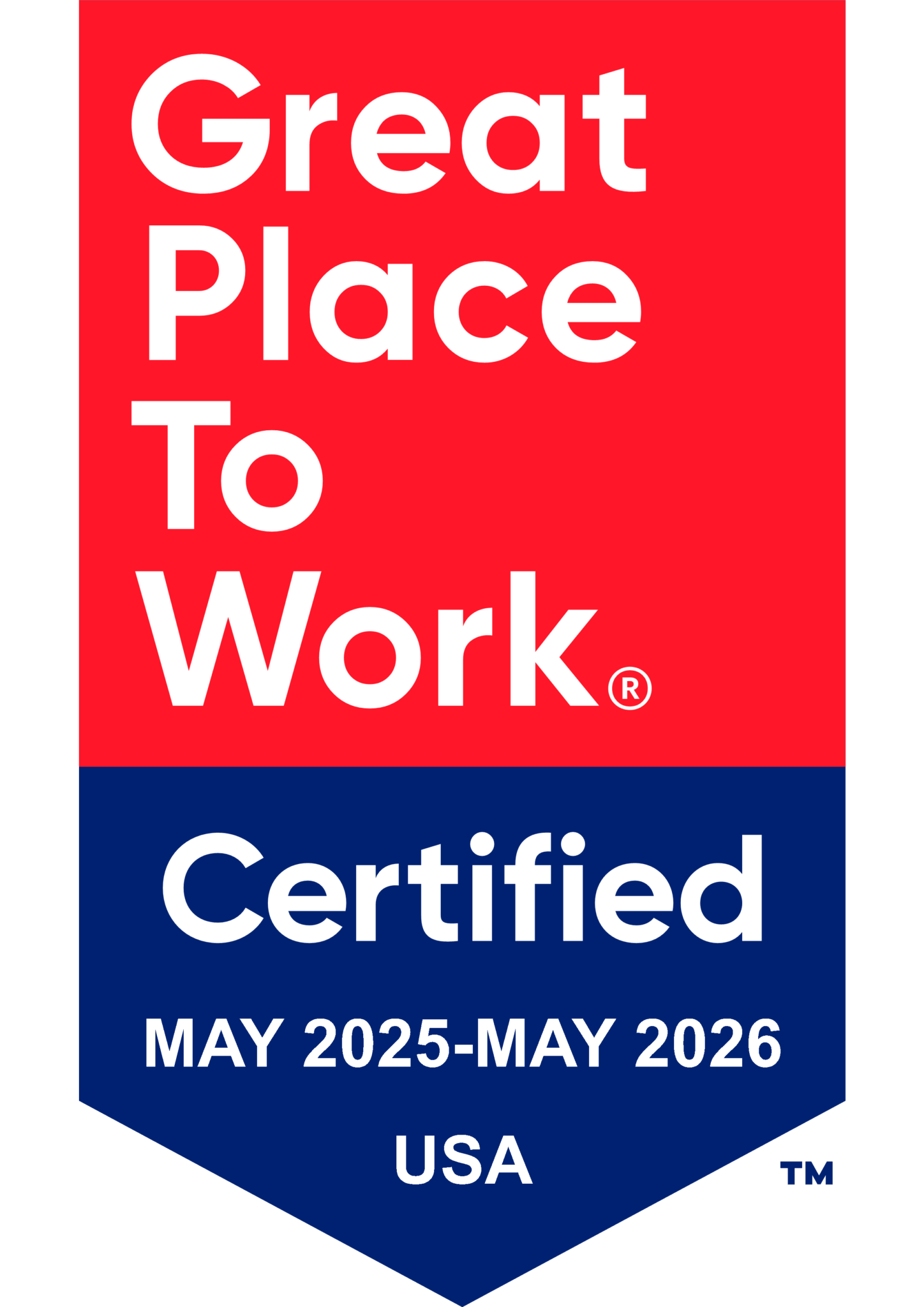With 2022’s Match Week now a thing of the past, it’s time for 2023 medical residency hopefuls to begin filling out their ERAS application. Preparing for ERAS isn’t something you can truly do right in just a few months or weeks. The best ERAS applications require hard work throughout your entire education to showcase one’s connections, publications, and prior work experience. You’ll want to make sure that your CV or résumé, personal statement, letters of recommendation, ERAS supplemental application (if necessary for your specialty), and ERAS application fee are all ready to go by the ERAS application deadline of September 16, 2022. That being said, here are some simple tips and tricks you can have in mind as you cross that final frontier into pursuing your residency. By following these ERAS Dos and Don’ts, you can take your ERAS to the next level, differentiating yourself as a uniquely impressive candidate in a pool of so many applicants.
DO: Send in your résumé with the application.
A more traditional CV or résumé can succinctly summarize you as a professional, whilst providing a fresh perspective on who you are as a candidate. It’s important to note that this inclusion of a résumé should not come at the cost of any other elements of the ERAS but is instead in addition to them. Be sure to always fill out everything asked of you – this includes certifications you’ve received. Your résumé attached to your personal statement can, for example, provide program directors with a fresh reminder of who you are outside of your application.
DO: Use your personal statement to express yourself as a unique candidate.
The strongest rule of thumb to follow while writing this piece is to be honest, but not shy. Some topics to address are why you want to go into your selected specialty and your career intent. It could be helpful to back up these answers with some anecdotes or stories which highlight your virtues and attributes most cohesive to these career ideals. Ending your personal statement with some of your other related interests is encouraged, as this can give any program director a unique taste of who you are not just as a potential resident but as a person. While any residency program primarily wants qualified and skilled candidates, they also desire individuals of good character to uphold and foster a strong work environment from all perspectives.
DON’T: Wait too long to ask for a reference letter.
There’s certainly a proper etiquette and protocol to uphold when requesting recommendations. One of the biggest missteps residency candidates make is waiting until it’s almost too late to request these letters – you definitely want to make your request more than a week before your application is due. We recommend bringing it up as a concept during the peak of your work experiences together. Even if the writing is still a way off, it is best for the idea to be in the mind of your instructors while you are actively working with them.
Once you’ve confirmed these letters, give your recommenders ample time to review your ERAS application at whatever stage it's at. Send them your personal statement, resume, reference letter components, and application logistics as soon as you can. They’re helping you out in a big way and you want to make their job as easy and seamless as possible.
DO: Be strategic in your reference choice.
Good references are not something you can just make happen in the final months before your ERAS is due. The best references will hopefully be connections and relationships you’ve fostered throughout your educational career thus far, ones who can speak towards your work ethic, talents, and character with specificity. However, there are some traits that will differentiate “just okay” reference choices from “really great” reference choices.
Your ideal reference would be a person of good notoriety in your desired career pursuit. Seek out individuals whom you’ve had a chance to work with clinically. Do not use preclinical instructors. Research mentors could be a good choice if the field of research is geared towards your planned eventual career path or you have a strong relationship, but generally, clinical instructors and mentors are the way to go. It can be extra helpful if they attended one of the institutions you’re applying to. It’s also best if their expertise doesn’t stray too far from your area of interest. Lastly, be sure to choose someone who likes you, not just knows you. You’ll want someone who can speak to more than just facts about what you’ve done. Once again, building these relationships takes time and initiative. When considering mentors, think back on places where you’ve spent the most time and had the best learning experience to find the best writing match.
DON’T: Be superfluous
Brevity is key throughout all elements of your ERAS. The goal is to be thorough and detailed in an informative manner that highlights the most impressive qualities of your work. Avoid flowery, overly descriptive language which might complicate or distract. In your resume and career experiences, focus on presenting your accomplishments in the active, rather than passive voice. Try to make regular use of action verbs to drive each sentence or description forward into the next, and allow your ERAS to be one filled with momentum. A concise technique such as this could actually create a more engaging reviewing process for the program director choosing to take you to the next step.
Carry these ideas to your personal statement as well. While the ERAS will leave room for up to 28,000 characters, do not use up all this space. Instead, try to keep your statement to somewhere around one single-spaced page of writing. Thousands of applications have to be reviewed: prioritizing concise and clear language will leave program directors celebrating your ERAS rather than dreading it.
DO: Get help and opinions! You’re not in this alone!
The ERAS can be a scary, stressful, and lengthy process. But if you’re at this stage, it means you’ve already completed incredibly impressive work thus far, amongst equally impressive individuals. Utilize the friends, connections, and collaborators around you. Social media is a great resource for finding more information and asking quick questions of others going through the same thing: check relevant accounts and hashtags like #medtwitter. Whether you look towards a program such as ours for assistance, or mentors you’ve made along your journey, don’t be afraid to reach out for their advice, insights, and opinions.
With a few months left until the ERAS is due be sure to consider these elements when finalizing your application. At the end of the day, the best tactic is to avoid overcomplicating the process. Focus on what steps you can take to make this as easy as possible for yourself, your mentors, and program directors. By following these guidelines, the ERAS process can hopefully become a bit less scary and that much more achievable to you!
If you’re feeling overwhelmed – or just want another input on your application packet – don’t hesitate to schedule an evaluation with the Residents Medical counseling staff. Our decades of experience mean thousands of successful ERAS applications and personal statements have crossed our desks. Take the first step towards strengthening your ERAS application and get in touch with us today.
For even more helpful tips and insights into what makes a successful ERAS application, join us for our webinar on May 25, 2022 at 8:00 am PST. Featuring current Program Director Dr. Ivan Rodriguez, recently-placed Residents Medical alumnus Dr. Venkat Thungathurthi, and our VP of Academic Affairs Prof. Gregory Heffernan, we’ll break down the elements needed for an ERAS application that really stands out.



